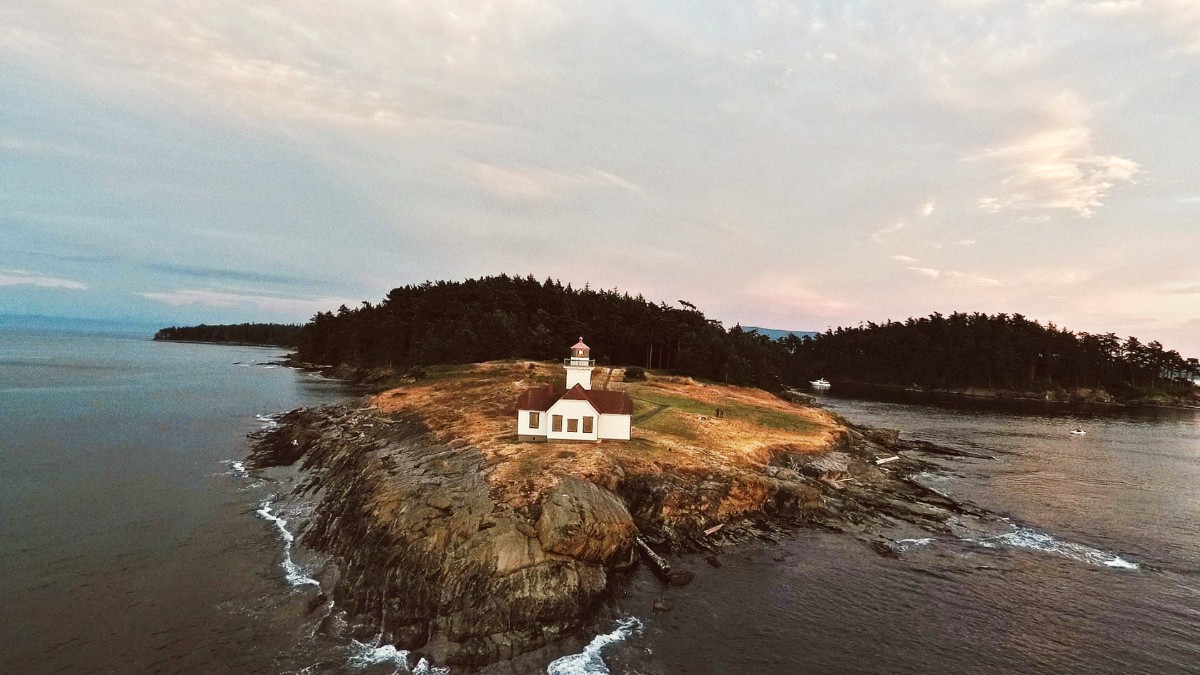
Washington, USA
The San Juan Islands National Monument, San Juan Islands National Wildlife Refuge, and numerous state parks protect significant natural areas.
Look for accommodations that promote sustainable practices, like water conservation, waste reduction, and local sourcing for food.
Recycling facilities are available on the islands; visitors are encouraged to sort their waste and use designated recycling bins.
As islands, fresh water is a precious resource. Be mindful of water usage, especially during dry summer months.
Your conscious choices contribute to the preservation of the San Juan Islands' natural and cultural integrity.
Interact respectfully with island residents and support the local economy for sustained vibrancy.
Engage respectfully with local residents. The islands have a slower, more relaxed pace; patience and courtesy are appreciated.
Always ask permission before photographing individuals, especially children, to respect their privacy. Mind private property signs.
When visiting a local church or community center for an event, be respectful of the space and ongoing activities.
Local businesses form the backbone of the island economy. Your spending directly benefits the people who live and work here.
Seek out local artisan products, farm produce, and crafts directly from the producers at farmers markets or local shops.
Maintain distance from marine wildlife, especially orcas. Federal regulations require boats to stay at least 200 yards away.
Beyond core considerations, more steps contribute to sustainable tourism and a positive island experience.
Reduce your environmental impact through mindful choices during your stay.
Choose products and services that align with ethical and local standards.
Your presence creates both economic and ecological effects. Make them positive.
Observe wildlife from a distance and never feed animals; this protects both them and you.
Your thoughtful actions contribute to the island's unique charm and longevity for future visitors.
Adopt mindful practices throughout your journey to the San Juan Islands for a truly positive impact.
Engage with the environment and community thoughtfully to preserve the island spirit.
Minimize your ecological impact during your stay to protect the fragile island ecosystems.
Interact with locals in a way that respects their home and way of life.
Support the local economy directly to ensure the islands' continued vibrancy.
Support local environmental organizations active in preserving the islands.
Donate HereBook tours with strong conservation ethics and wildlife protection policies.
Discover ExperiencesYour conscious travel choices safeguard the San Juan Islands for future generations to cherish.